The Science Of Building Muscle Part 7: Do Supplements Work?
The Science of Building Muscle Part 7: Do Supplements Work?
Do Supplements Work?
(Click on the Reference Numbers in Blue for More Info)
Since ancient times, athletes have used a variety of herbal concoctions to increase their physical performance, but it wasn’t until bodybuilding became popular in the 1950s that supplements began to be commercially produced specifically for bodybuilders to increase muscle mass. Unscrupulous manufacturers have often made outlandish claims and relied on celebrity endorsement and marketing to promote a product rather than scientific evidence. This has led to the effectiveness, and even safety, of a number of products being brought into question.
However, more recently a variety of potentially performance enhancing supplements have been the subject of scientific investigation to assess their effectiveness. So, in this article we are going to look at a number of these and whether there is any science to support their use for increasing muscle mass.
Do Supplements Work? – Whey Protein
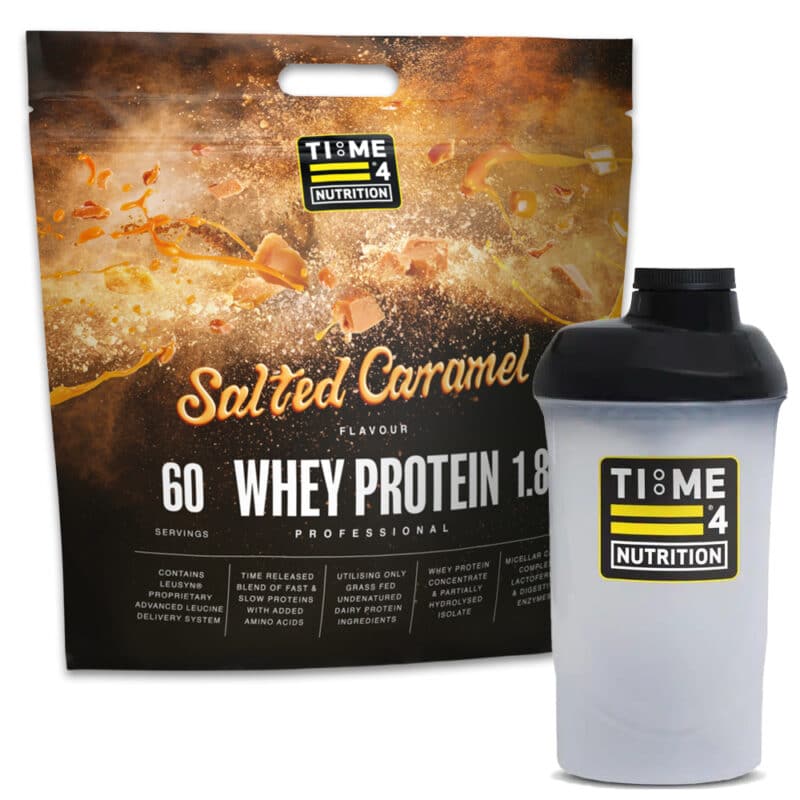
Whey protein is a collection of proteins found in whey, the liquid, water-soluble portion of milk that separates from the curds during the cheese making process. It is a complete, high-quality, easily digested protein, containing all of the essential amino acids and various other important nutrients.
It is often sold in powder form, having undergone various levels of processing which affect its concentration and how quickly it is absorbed by the body.
What Does The Science Say?
Whey protein has been shown to provide numerous benefits for health and performance including increasing muscle mass. For example, a recent study by Sobral et al., (1) compared the effects of a carbohydrate supplement and whey protein on strength and muscle mass. The control group consumed carbohydrate supplements while the experimental group consumed 36g/day of whey protein. Both groups performed 3 sessions/week of resistance training. Results showed that while both groups experienced gains in 1RM strength and fat-free mass (FFM), the experimental group gained an extra 9% and 27% in 1RM and FFM respectively compared to the control group.
Click the button below to learn more about whey protein and the many benefits it can provide.
Do Supplements Work? – Creatine
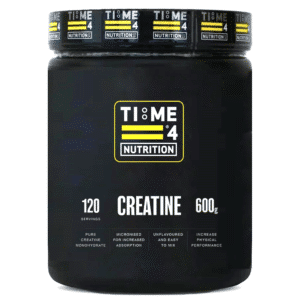
Creatine is a substance that is produced naturally in the body, 95% (120-140g) of which is stored in the skeletal muscle, where it forms a high-energy molecule known as phosphocreatine. It is the breakdown of Phosphocreatine which produces ATP (Adenosine Triphosphate) to fuel the muscles during heavy lifting and high intensity exercise. ATP is depleted rapidly during strenuous activity. Therefore, using a Creatine supplement to increase stores of phosphocreatine helps the body to produce greater amounts of ATP. This enables muscle to resist fatigue and maintain a higher level of performance for longer during intense exercise, but does it increase muscle mass?
Creatine – What Does The Science Say?
A study by Becque et al., (2) examined the effects of 6 weeks of oral Creatine supplementation during a periodised programme of strength training on arm flexor IRM, upper arm muscle area, and body composition. The results of the study showed that Creatine supplementation lead to greater increases in arm flexor muscular strength, upper arm muscle area, and fat-free mass than strength training alone.
Click the button below to learn more about creatine and the many benefits it can provide.
Do Supplements Work – Mass Gain Supplements
In Part 6 of this series, we saw how important it is to consume sufficient amounts of the macronutrients (i.e., protein, carbohydrate, and fat) and energy (kcal) to support muscle growth. However, this can be difficult if you don’t have a big appetite and the preparation and consumption of 5 or 6 meals can be inconvenient. Mass gain supplements can help to address this problem. Typically, they contain varying amounts of carbohydrates, proteins and fats and other ingredients.
Mass Gain Supplements – What Does The Science Say?
Tang and colleagues (3) investigated the effects of taking a carbohydrate and protein supplement on muscle protein synthesis (MPS). They concluded that a small dose (10 g) of whey protein with carbohydrate (21 g) can stimulate a rise in MPS after resistance exercise that over time would lead to an increase in muscle size.
Click the button below to learn more about mass supplements and the benefits they can provide.
Do Supplements Work – Branch Chain Amino Acids (BCAAs)
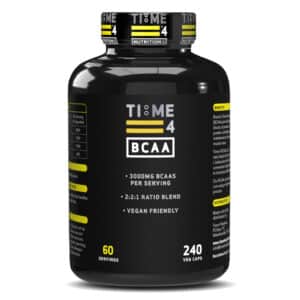
Amino acids are the ‘building blocks’ which combine to form the various proteins needed by the body for many important functions, including tissue growth and repair. Branched-chain amino acids are a group of three essential amino acids comprising leucine, isoleucine and valine, which make up approximately one-third of skeletal muscle protein and account for 40% of the total amino acids required by the body. They are grouped together because they all have a branched molecular structure and perform many similar functions. BCAAs are undoubtably essential for health and performance but does their supplementation increase muscle mass?
Branch Cain Amino Acids – What Does The Science Say?
Stoppani and colleagues (4) evaluated the effects of consuming a branched-chain amino acids (BCAAs) supplement during an eight-week resistance-training program. The results of the study showed that ingestion of a supplement containing BCAAs produced a greater increase in muscle mass and strength, and a greater decrease in percent body fat than the ingestion of a whey supplement or a sports drink. In addition, the ingestion of a whey protein supplement resulted in greater lean mass gains than the ingestion of a sports drink.
Click the button below to learn more about BCAAs and the many benefits they can provide.
Do Supplements Work – Glutamine
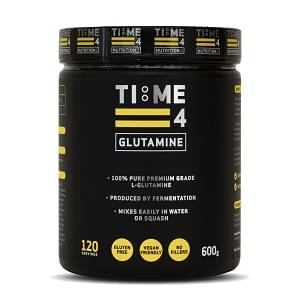
Glutamine is the most abundant amino acid in the human body. It makes up approximately 60 percent of our skeletal muscle and plays an important role in a variety of functions including muscle protein synthesis.
Glutamine – What Does The Science Say?
A study by Hakimi and colleagues (5) investigated the effects of glutamine supplementation on performance, and hormonal changes during an 8-week resistance training program in non-athlete male students. The results showed that glutamine supplementation increased performance (explosive muscular power, muscle strength) and improved body composition (increased body mass, fat-free mass and reduced body fat).
Click the button below to learn more about glutamine and the benefits it can provide.
Do Supplements Work – Intra-Workout Supplement
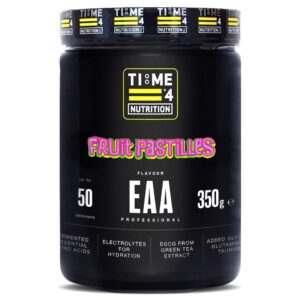
An Intra-Workout supplement contains a combination of substances, such as branch chain amino acids, glutamine and citrulline malate, which are designed to be consumed whilst we are training to ensure that we not only optimise exercise performance, but also recover more quickly and fully, and maximise our training gains.
Intra-Workout Supplement – What Does The Science Say?
As we have already seen, the ingestion of BCAAs (4) and glutamine (5) have been shown to increase muscle gains. Other ingredients contained within an Intra-Workout supplement can also contribute. Bearing in mind the importance of training volume for increasing muscle mass, a study by Wax et al., (6) investigated the effects of citrulline malate supplementation on the exercise performance of advanced weight lifters during lower-body dynamic resistance exercise. The results showed subjects in the citrulline malate group performed a significantly higher number of repetitions during all three exercises in the study compared to the placebo group.
Click the button below to learn more about intra-workout supplements and the benefits they can provide.
Do Supplements Work – Pre Workout Supplement
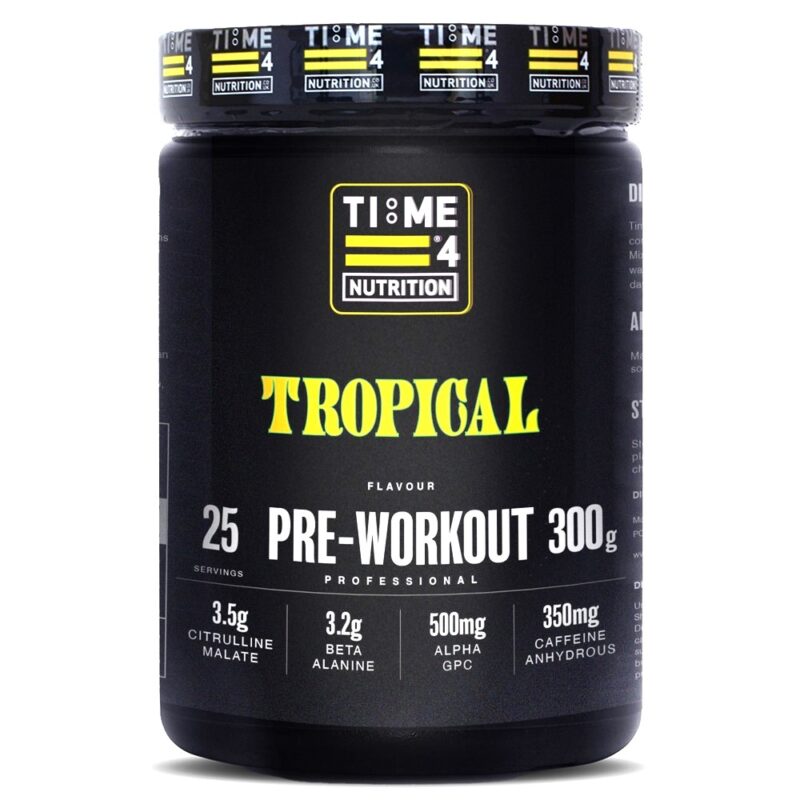
Performing the high volume of training at the intensity required to stimulate muscle growth can be extremely demanding and requires high levels of motivation and energy. A Pre-Workout supplement is a combination of substances designed to be consumed prior to training to boost energy levels, reduce fatigue, and improve mental focus and alertness.
Pre Workout Supplement – What Does The Science Say?
Warren and colleagues (7) analysed the results of numerous studies on the effect of caffeine, a key ingredient in a pre-workout supplement, on performance. They concluded that overall, caffeine ingestion improves strength and muscular endurance.
Similarly, positive results were found for beta-alanine, another key ingredient in a pre-workout supplement. When reviewing the evidence for its use, the International Society of Sports Nutrition found that beta-alanine reduces neuromuscular fatigue and improves exercise performance (8).
Click the button below to learn more about pre-workout supplements and the benefits they can provide.
Do Supplements Work – Post Workout Recovery Supplement
A post-workout recovery supplement is a selection of ingredients that are designed to be consumed after training to optimise recovery and maximise gains in muscle size. Typically, these contain a mixture of proteins and carbohydrates.
Post Workout Recovery Supplement – What Does The Science Say?
In its position stand on nutrient timing, the International Society of Sports Nutrition (9) suggest that combining a high-quality protein with carbohydrate after exercise can stimulate significant increases in muscle protein synthesis, help to minimise muscle damage, promote a favourable hormone balance and accelerate recovery from intense exercise.
Click the button below to learn more about post-workout recovery supplements and the benefits they can provide.
Do Supplements Work – Maltodextrin
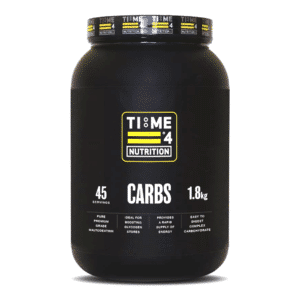
The typical mass building sets of 8-20 repetitions of a resistance exercise performed at a high intensity are predominately fuelled by the breakdown carbohydrate. It is this breakdown of carbohydrate that also produces lactate and other substances that create the metabolic stress needed to stimulate muscle growth.
Maltodextrin is an easy-to-digest form of complex carbohydrate made from corn, potato or rice starch, which can provide a rapid supply of energy needed for intense training and provide the extra calories required to increase muscle mass. It can be added to Whey Protein, allowing you to mix your own ratio of protein and carbs to accommodate your specific needs.
Maltodextrin – What Does The Science Say?
After reviewing the evidence regarding the effects of protein type and timing on strength and muscle growth, Stark et al., (10) suggest that a combination of a fast-acting carbohydrate source such as maltodextrin should be consumed with protein post-exercise to maximise protein synthesis.
Click the button below to learn more about maltodextrin and the benefits it can provide.
Do Supplements Work – Testosterone Boosters
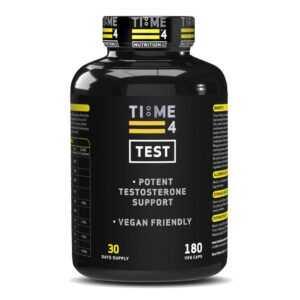
Testosterone is a powerful, naturally occurring steroid hormone and the most important androgen (male sex hormone). It has a number of anabolic effects including directly increasing muscle mass and strength and promoting the release of growth hormone.
A testosterone support supplement is a specially formulated combination of substances that helps to promote the maintenance of the body’s natural testosterone levels.
Testosterone Boosters – What Does The Science Say?
Wankhede and colleagues (11) investigated the effects of the herb ashwagandha (withania somnifera), an ingredient commonly used in natural testosterone supplements. The results of the study showed that ashwagandha supplementation is associated with significant increases in testosterone levels, muscle mass and strength.
Do Supplements Work – Growth Hormone Release Supplement
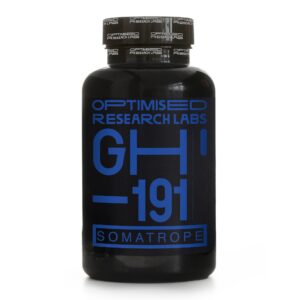
Growth hormone (GH) (somatotropin) is a hormone produced by pituitary gland located at the base of the brain. It is particularly important for those engaged in exercise because it promotes muscle growth and directly stimulates the mobilisation of fat and its use as an energy source while decreasing the rate of carbohydrate use. It also increases our levels of insulin-like growth factor-1, a hormone similar to insulin, which has a powerful anabolic effect.
Growth hormone release supplements are combinations of natural substances designed to help increase levels of growth hormone either directly and/or by promoting the quality and quantity of the sleep needed to optimise levels naturally.
Growth Hormone Release Supplement – What Does The Science Say?
Kanaley (12) conducted a review of the literature investigating into the effect of an acute bout of exercise on growth hormone responses and the effect of L-arginine, a key ingredient in a GH release supplement, on growth hormone responses. The results of the review indicated that the majority of the studies using oral arginine have shown that arginine alone increases the resting growth hormone levels by at least 100%.
Click the button below to learn more about growth hormone release supplements and the benefits they can provide.
Do Supplements Work – Mega-Pack
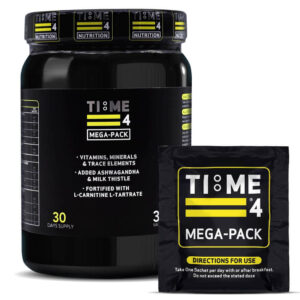
When considering the nutritional aspects of building muscle, there is an understandable tendency to focus on the macronutrients, such as protein and carbohydrate. However, optimising gains muscle mass requires us to be in good health and to be able to train hard consistently and to recover effectively. This can only be achieved if we consume a wide variety of nutrients including the micronutrients, i.e., vitamins and minerals.
A Mega-Pack is a comprehensive blend of nutrients specifically designed for athletes that have been shown to be essential for optimal health and performance and recovery contained in a convenient sachet. Each one provides a range of Vitamins & Minerals, Omega-3 Fatty Acids, Liver Support, L-Carnitine L-Tartrate, Co-enzyme Q10, Nootropic Complex and a Herb Support Capsule.
Mega-Pack – What does the science say?
While it is beyond the scope of this article to review the scientific evidence for each of the ingredients in a Mega-Pack, here are a few examples of the many benefits they can provide:
Vitamin B12 is required for the normal function of the nervous and immune systems, energy production, the formation of red blood cells, bone health, DNA synthesis, and fatty acid and amino acid metabolism. It also contributes to psychological function and a reduction in tiredness and fatigue (13).
Omega-3 Fatty Acids have been shown to reduced muscle soreness (14) and increase muscle mass (15). L-carnitine can help to enhance post-exercise recovery and reduce exercise-induced muscle tissue damage (16). While Co-enzyme Q10 can reduce exercise-induced fatigue (17) and increase time to exhaustion during exercise (18).
Click the button below to learn more about the Mega-Pack and the benefits it can provide.
Do Supplements Work – Conclusion
There appears to be sound scientific evidence to support the use of various supplements to increase muscle mass when used in conjunction with a resistance training programme. However, we are not recommending that you consume all of those discussed here. Rather, you need to consider which are appropriate for your personal needs. For example, if you lack the energy and motivation to train hard after a day at work, then you may find a pre-workout supplement helpful. Or if you find it difficult to consume the right mix of protein and carbohydrate immediately after training, then a post-workout recovery supplement may be right for you. Similarly, if you find consuming the recommended amount of protein or calories difficult, then a whey protein or mass gain supplement, respectively, may be appropriate. Perhaps you are consuming the recommended amounts of the macronutrients but feel that your diet lacks some of the micronutrients, or you feel that you need to increase your intake of micronutrients as a precaution because of the additional demands placed on your body by intense exercise and the stresses and strains of a moderate hectic lifestyle, then you may benefit from a Mega-Pack. Ultimately, it’s about being guided by the science to find what is right for you.
